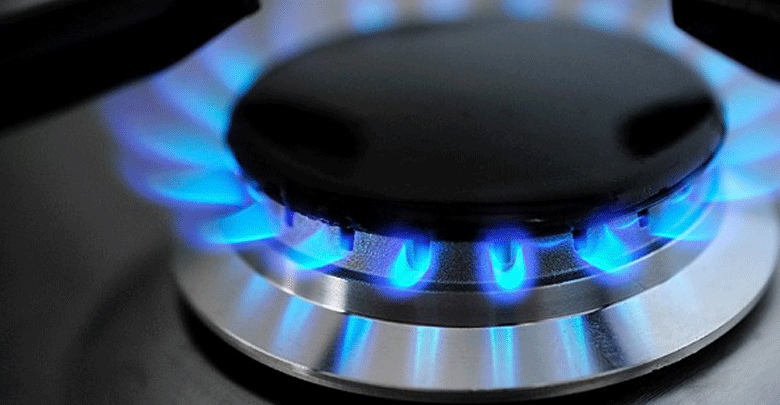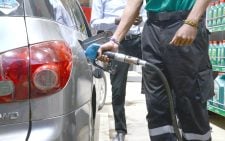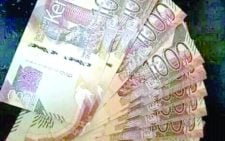LPG tax to ‘roll back’ sector gains

Plans to re-introduce Value Added Tax (VAT) on cooking gas could be counter-productive as the government tries to raise more money to fund its burgeoning budget.
Experts and consumers say the timing of the bill’s timing will not only thrust more people into suffering, but also roll back the environmental gains achieved.
“The bill should have been postponed by up to 3 years so that we wait for the impact of the cheap gas campaign to pick up,” said Linus Gitonga, a former commissioner with the defunct Energy Regulatory Commission and a cooking gas dealer.
“When you increase the price of LPG, you make an already bad situation worse, in the sense that people cannot afford the gas and will resort to the black market and force people to go back to charcoal and kerosene,” said Stephen Mutoro, the Secretary General of the Consumers Federation of Kenya.
Corruption
Mutoro said there were less punitive ways of making money by the government, including dealing with corruption, but by making gas expensive, the government was looking at doubling the health budget.
These follows last week’s disclosure by the Kenya Revenue Authority (KRA) that it will impose VAT on Liquified Petroleum Gas (LPG) beginning July 1st 2021, a tax charge expected to increase the price of cooking gas by up to Sh300.
The government had reinstated VAT on LPG, but delayed the levy for one year to July 2021, amid concerns over high living costs.
Gas is the preferred energy source for households in major urban centres because of its convenience. It is also cleaner than kerosene, firewood and charcoal, the alternative cooking fuel used in the country.
Cooking gas was zero-rated in 2016 to encourage its uptake among low-income households, and deter rural homes from reliance on firewood, kerosene and charcoal.
The move by KRA, if accented to by Parliament, will have ramifications on Kenyans, especially the low income who lost their employment due to Covid-19 pandemic.
At present, a 13 kg LPG retails at Sh2,250, with the price bound to change to Sh2,610 with an additional 16 per cent VAT levy.
Motorists, especially from cub hailing companies who have repurposed their vehicles to use LPG instead of Super Petrol to cut costs will be affected.
Fuel expenses
Benson Kamau, a cab driver who spoke to a local media house said he has been saving 40 per cent in fuel expenses since he started using LPG gas to fuel his car, which he said lasts longer than regular petrol and is cheap to refill.
In a past interview, Kieni member of Parliament Kanini Kega said it was 20 per cent cheaper to run his 4.8 litre Toyota Land Cruiser V8, which he has fitted with the new innovation.
“I feel that I’m saving money and I’d recommend that all Kenyan motorists run their cars on LPG instead of gasoline,” Kega said.
With the expected review, the Government will be hard pressed to meet its 35 per cent adoption target of LPG as a cooking fuel by 2030.












